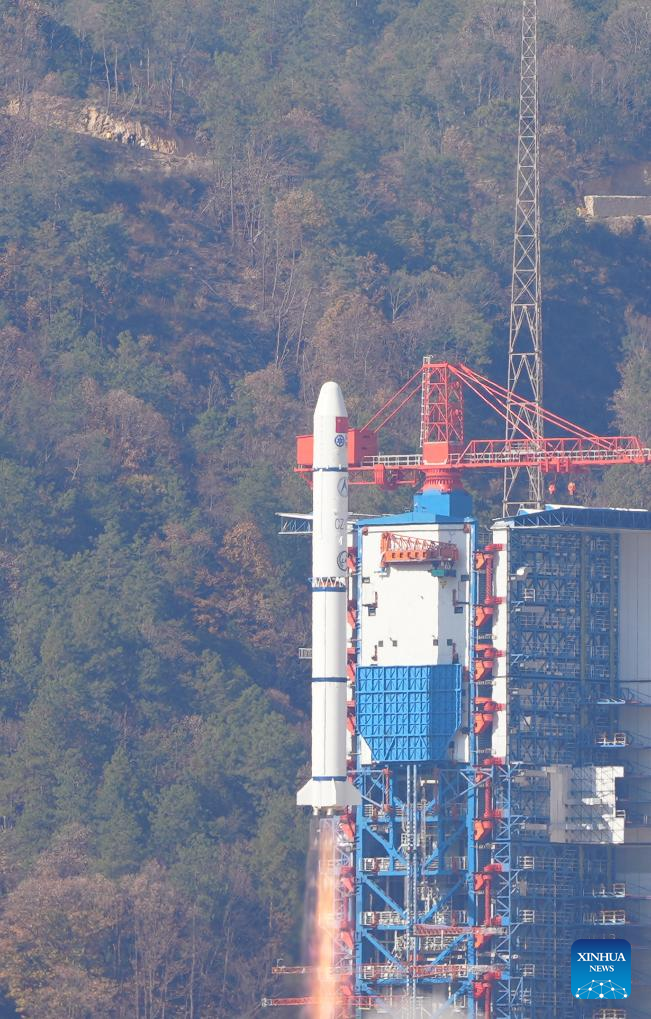China launches new satellite for violent cosmic phenomena observation
Share - WeChat


These telescopes form a space observatory which is aimed at helping scientists capture the first light stemming from supernova explosions, search for and pinpoint X-ray signals accompanying gravitational wave events, and discover dormant black holes and other faint transient and variable celestial objects at the far reaches of the universe.
"Since black holes and gravitational waves are predictions made by Einstein's theory of general relativity, the satellite is named after the great scientist," Yuan said.
Scientists mimicked the special structure of the lobster eye in developing WXT, which can simultaneously achieve wide-field observation and X-ray focused imaging.























